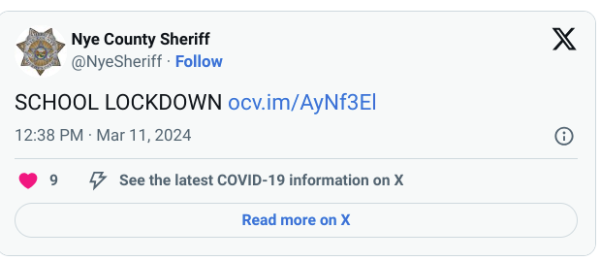The extinction of books?
“Fiction reveals truths that reality obscures” -Ralph Waldo Emerson (Ralph Waldo Emerson was an American essayist, lecturer, philosopher, and poet)
October 9, 2018
Books: they’ve been around for thousands of years on stone tablets or papyrus scrolls. People have always written stories and tales such as The Scarlet Letter, and Pride and Prejudice.
Without books, history becomes cyclical from not learning from our mistakes; however, what if books as we know it are disappearing. Around 1450 ACE, Johannes Gutenberg, a German inventor, created a movable-type machine printer with innovations in casting the type based on a matrix and hand mound on a book. This invention made books less expensive to produce and accessible to everyone.
The first book created was “The Gutenberg Bible” which was in Latin, and the first to be printed in Europe.
Many may read but there is also those who don’t like. According to Pew Research Center, a nonpartisan think tank that informs the public about the issues, 24% of adults haven’t read any books in the last year. 37% of high school students haven’t read as well. This often is surprising because most classes read books in groups, but then again, there are those who like to slack off.
Generally, teens and younger children don’t read as much as adults do, because most stereotypical teens are very lazy and don’t like to read or have a too much of a “busy” schedule like working or, in some cases, partying to deal with.
Will printed books eventually join the ranks of clay tablets, and papyrus scrolls, or will they thrive as they once have?
With books being in the world, would mean no credible information, because not everything on the Internet is true, which also means we can’t learn properly if we can’t rely on the Internet. Books have the information of human mistakes, wars, or scars that are base off how we are now, and it also helps explain what our next best move is as a nation.
Some websites that are not reliable is Wikipedia: although this is a good starting point, anyone can edit and add information that can be false in it. Blogs, tweets unless it is a informational article about current news. Personal websites can also be bad just for the face that they an put false information on it as well.
Books will never go out of existence completely. There are many people that like the old authentic way of reading rather than an e-book, but they will definitely decline.
Why use e-books or your computer when you can have smooth pages, the fresh smell of pages, and the authentic well-made spine of an ancient novella. We don’t get the same feature with technology like we do with material things.
People will never realize how they are beneficial, and why would should save the books from disappearing. We are inching into an age of extinction and we need to improve it before it’s too late.

















